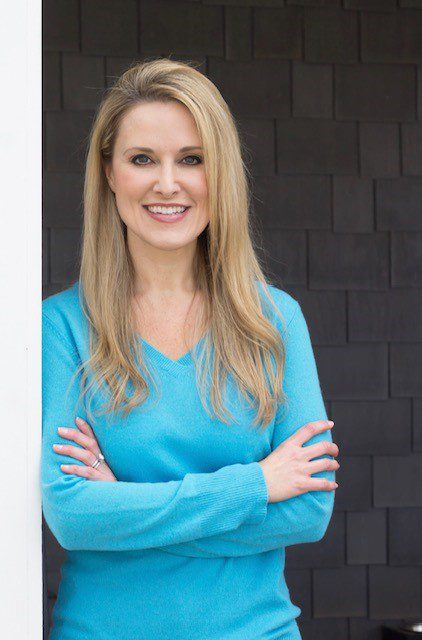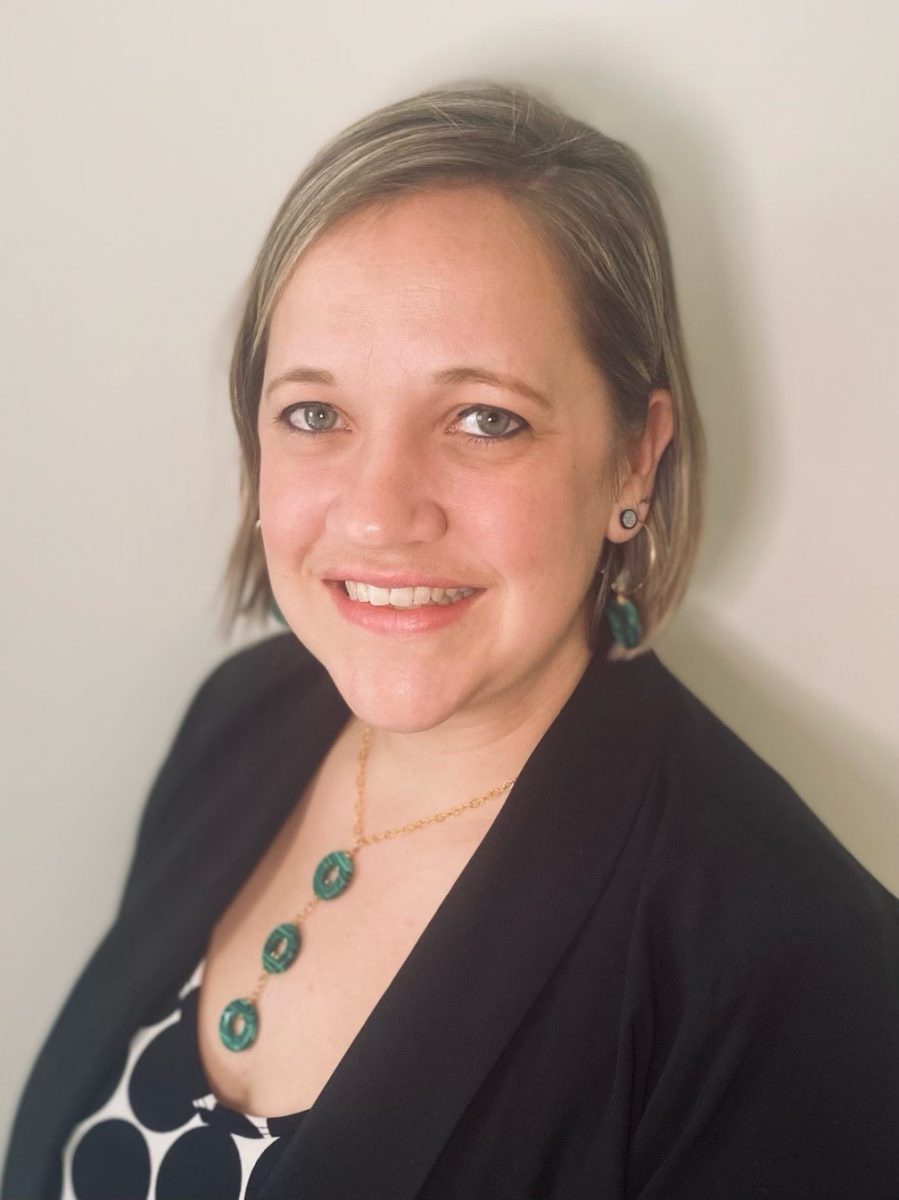Alumni Spotlight
Health Services Research Doctoral Program Alumni
Dr. Sabrina Niggel

Graduation Year: 2014
What was your research focus during the program?
My research focused on health care philanthropy. Many for-profit hospitals and health care systems aquired, merged, or otherwise joined forces with nonprofit health care organizations. I was curious about whether proceeds from these transactions were redeployed for charitable health purposes.
Current position, place of employment, and brief description of role?
I have the pleasure of serving as Executive Director for HealthReach Community Clinic, which provides free medical care and medications for area residents with limited means and no health insurance.
What was the most important/valuable thing you learned during your doctoral program?
Overall, the most valuable information is that which is most directly applicaple to my work: insight into the many social and economic drivers of health. Each class approached these factors through different vantage points (e.g., statistical, ethical, political, economic). This not only deepened my understanding of disparate health influences but also inspired me to incorporate non-medical resources into treatment plans developed at our clinic.
What is your favorite memory of being a doctoral student?
Long talks over coffee with my mentor, Dr. Bill Brandon; the excitement of finally having a breakthrough in understanding a concept I never thought I would; having the space, time, and freedom in which to think and explore new ideas; the bonds developed over late-night study sessions with my classmates; the thrill of publishing for the first time in a peer-reviewed journal; gleaning new insight into my research from the sharing of diverse perspectives; laughing with my peers in multivariate statistics class; the compassion and support provided by classmates and professors alike.
Did you have a favorite professor or class? Why?
Each class was so different, and I can honestly say I loved them all. Dr. Sarah Laditka never ceased to amaze me… she gave such thorough, timely, and helpful feedback that each student felt as though they were her only student. Dr. Larissa Huber, Dr. Ahmed Arif, and Dr. Jennifer Troyer were exceptional teachers- organized and efficient. Dr. Suzanne Boyd kept everything real… she never let us forget the importance of balancing life’s priorities. Dr. Becky Nesbit was one of my favorite advisors from the College of Liberal Arts and Sciences, and I owe so much to her for sharing her vast knowledge about nonprofit institutions and how to navigate doctoral studies. And of course, Dr. Bill Brandon, who knows a lot about most things and at least a little bit about everything… he was and is the consummate mentor.
Do you have any advice for current doctoral students in the program?
A few things saved me: choosing the right mentor and advisors, investing the time necessary to become and to stay well organized, turning to my peers when needed, and having a supportive spouse who encouraged me every step of the way.
What is a fun fact about you?
The last thing I do every night before going to sleep is play Words with Friends with my mom. She is a fierce competitor!
Dr. Taavy Miller

Graduation Year: 2020
What was your research focus during the program?
Rehabilitation with a focus on health economics and outcomes research for people with disabilities, primarily functional impairment due to chronic conditions (e.g. diabetes & stroke). For my dissertation I utilized administrative data as well as clinical outcomes data to assess outcomes among individuals with lower limb amputation.
Current position, place of employment, and brief description of role?
I am currently a research scientist with the Hanger Institute for Clinical Research and Education. In my role I focus on designing and executing research studies assessing patient outcomes, health disparities, and patient preferences. I use clinical outcomes databases as well as leveraging data from other sources such as claims data, working with external collaborators to build relationships and collaborate on grants, dissemination of results through internal webinars and relevant conferences as well as publishing peer-reviewed manuscripts.
What was the most important/valuable thing you learned during your doctoral program?
The most important things I learned involved learning how to code and clean data in multiple programs (SAS,R,Stata) and how to build my network and personal brand as a researcher.
What is your favorite memory of being a doctoral student?
My favorite memories include participation in the student organization ISPOR, as I learned a lot being an officer and had a lot of fun traveling to the national meeting to learn and build my network in the area of health economics and outcomes research. I met a wide range of professionals willing to connect from across industries including epidemiologists and health economists.
Did you have a favorite professor or class? Why?
My favorite classes are when we get to do applied work-such as a project where we can clean data, analyze it, and present a final piece of work. We did this in a few of my classes, specifically with Dr. Huber in the Analytic Epidemiology course. There are so many skills wrapped into a project like that (group work to data skills) and there is a final project that can be presented at conferences and even published.
Do you have any advice for current doctoral students in the program?
My advice is to do as much as you can to collaborate with others, extend yourself beyond your comfort zone or a single topic to learn about other areas of health services research. You never know where you will meet someone or what you will learn that could lead to the next step in your career.
What is a fun fact about you?
I love hiking and the fall is my favorite time to get out to see the beautiful colors and enjoy the cooler weather.